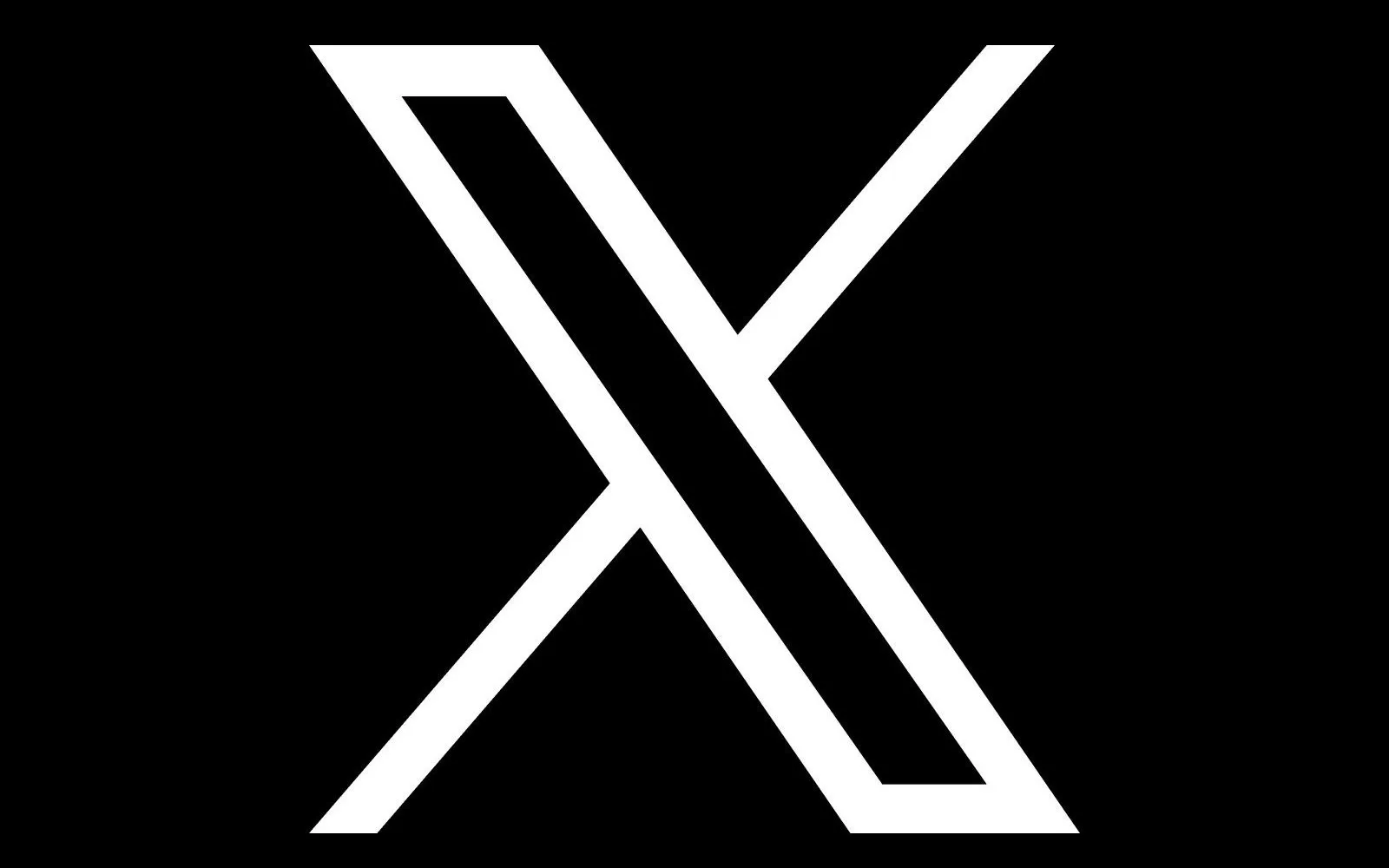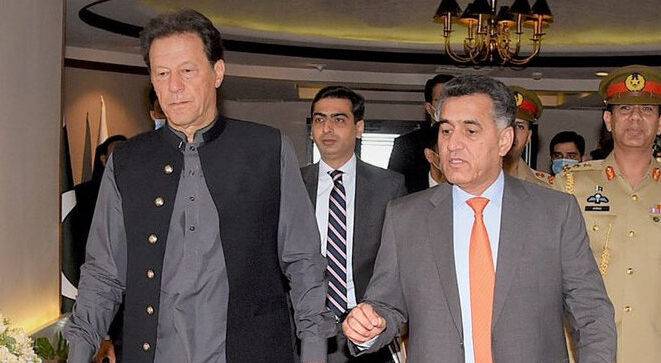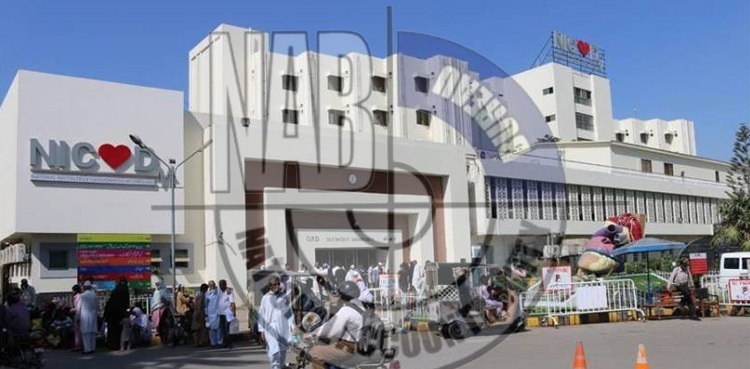PTBP Web Desk
The Sindh High Court (SHC) reprimanded a lawyer representing the Pakistan Telecommunication Authority (PTA) during the hearing of a case challenging the ban on the social media platform X (formerly known as Twitter).
The court questioned the PTA’s actions, particularly concerning the lifting of the ban, and expressed concerns over the lack of clarity in the authority’s decisions.
The hearing began with Chief Justice of the Sindh High Court posing a crucial question to the PTA’s legal counsel: “Who instructed you to make a statement about lifting the ban on X?” This direct inquiry signaled the court’s dissatisfaction with the PTA’s handling of the issue. The case had already garnered attention due to the implications of banning a major social media platform in Pakistan, which has millions of users and plays a key role in the dissemination of information.
The PTA lawyer responded by stating that an affidavit had been submitted to the court, but the Chief Justice pushed further, asking, “Who gave the directive to withdraw the notification regarding X’s ban?” The emphasis of the inquiry was on understanding the decision-making process behind the sudden reversal of the ban.
In response to the court’s pressing questions, the PTA’s lawyer attempted to clarify the situation, explaining that the decision to lift the ban was the result of a misunderstanding. This explanation, however, did not satisfy the court. The SHC, visibly surprised by the claim, asked, “What was the misunderstanding?” The court pointed out that the ban was lifted immediately after Moiz Jafri, one of the petitioners’ lawyers, made his arguments in court. This sequence of events led the court to question the transparency and legitimacy of the PTA’s actions.
The SHC reprimanded the PTA’s lawyer, stating firmly, “You are a lawyer; you cannot make such mistakes.” This comment highlighted the court’s frustration with the PTA’s legal team and the manner in which the case was being handled. The lawyer for the PTA, attempting to defend his actions, responded, “As soon as the mistake was realized, a request was immediately filed.” However, the damage had already been done, and the court remained unconvinced by the explanation.
The issue traces its origins to the February 17 notification issued by the Federal Ministry of Interior, which directed the PTA to block access to X across Pakistan. This move was part of a broader effort to regulate content on social media platforms, with the government citing concerns over national security and public safety. However, this ban was met with opposition, as critics argued that such measures were an infringement on freedom of speech and access to information.
In response, a petition was filed in the Sindh High Court, challenging the suspension of X in Pakistan. The court, in its September 12 hearing, issued an order that directed the PTA to review the decision. The PTA, in a later hearing, requested the SHC to either set aside or modify its September 12 order. The confusion in the courtroom arose when one of the PTA’s counsels repeatedly stated that the February 17 notification blocking X had been withdrawn by the Federal Ministry of Interior. However, it became apparent that this information may not have been accurate, leading to further complications.
The SHC’s concern extended beyond just the lifting of the ban. The court expressed deep reservations about the communication and procedural flaws that seemed to characterize the PTA’s handling of the matter. The abrupt reversal of the ban and the subsequent confusion raised questions about whether the PTA was operating with clear directives or simply reacting to the court’s scrutiny.
The court was particularly critical of the PTA’s lack of transparency in its decision-making process. By suggesting that the ban was lifted due to a “misunderstanding,” the PTA risked undermining its own credibility. The SHC’s reprimand served as a reminder that legal and regulatory authorities must act with precision and clarity, especially in cases with such significant public interest.
The case of the X ban highlights the ongoing struggle in Pakistan between regulatory authorities and the need to protect freedom of expression. Social media platforms, including X, play a crucial role in the country by providing a space for public discourse, news dissemination, and activism. As a result, any attempt to restrict access to these platforms is met with intense scrutiny from both the public and legal bodies.
The government has often cited national security concerns as justification for blocking or regulating social media platforms. However, critics argue that such measures can be misused to stifle dissent and limit public access to information. The Sindh High Court’s involvement in the case reflects the judiciary’s role in ensuring that such actions are taken with proper legal backing and do not infringe upon citizens’ constitutional rights.
The SHC’s handling of the case is likely to set a precedent for future disputes regarding the regulation of social media in Pakistan. The court’s insistence on clarity and accountability from the PTA indicates that any future bans or restrictions on social media platforms will require more rigorous justification.
As digital platforms become increasingly integral to communication and commerce, the balance between regulation and freedom of expression will continue to be a contentious issue. The PTA, as a regulatory authority, will need to navigate these challenges carefully to avoid further legal complications and public backlash.




